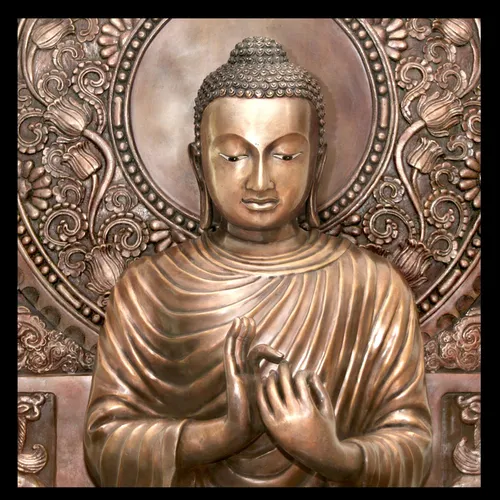
Dhammagiri Buddhist Podcasts
Dhamma Talks, Chanting, Precepts and Meditation
with Ajahn Dhammasiha and other
experienced Senior Buddhist Monks
in the Theravada Forest Tradition of Ajahn Chah.
Recorded at Dhammagiri Forest Hermitage,
Brisbane, Australia.
Our website:
https://www.dhammagiri.net
Our Youtube Channel,
including regular live streams on the weekend
"Dhammatalks at Dhammagiri":
https://www.youtube.com/@dhammatalksatdhammagiri8724
Our email Newsletter:
https://www.dhammagiri.net/newsletter
Our Spotify Playlists are here:
https://open.spotify.com/user/8z4dmrysnbbnjtz9f0wzjgcre
.
- Update frequency
- every 3 days
- Average duration
- 34 minutes
- Episodes
- 451
- Years Active
- 2020 - 2025
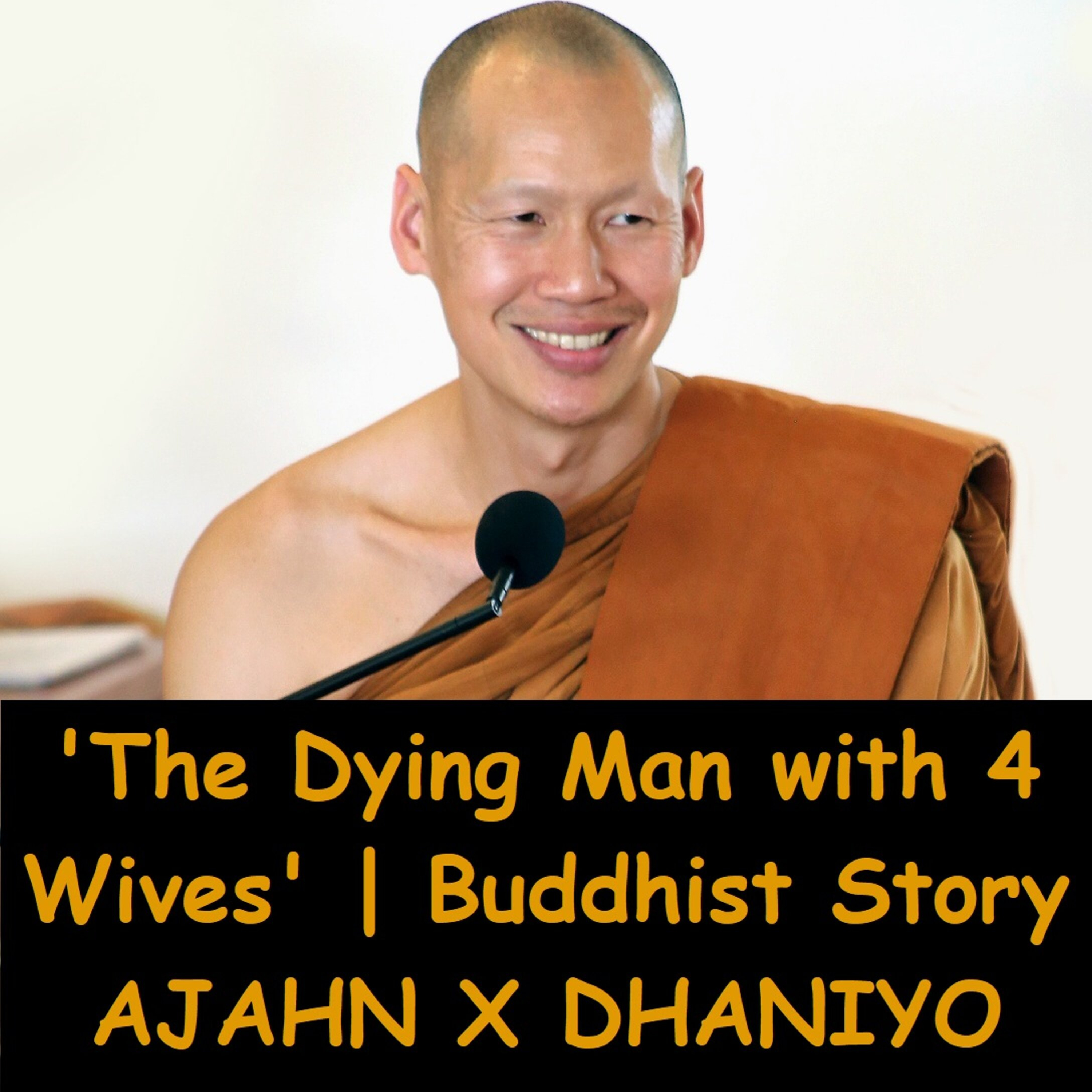
AJAHN X DHANIYO | The Dying Man with 4 Wives | Buddhist Story | Dhammagiri
At the Robe Offering Ceremony at Dhammagiri Forest Hermitage, Ajahn X Dhaniyo relates a powerful Buddhist simile:
A man with 4 wifes is about to die. He gets a chance to talk to his four wifes a last…

Triple Refuge & Precepts Ceremony | Ajahn Uttamapanyo | Robe Offering Dhammagiri
At our Robe Offering Ceremony, Tan Ajahn Uttamapanyo (Phra Yanmethi Petruang) kindly conducted the ceremony of taking refuge in Triple Gem & observance of 5 precepts for us.
Ty is leading the lay co…
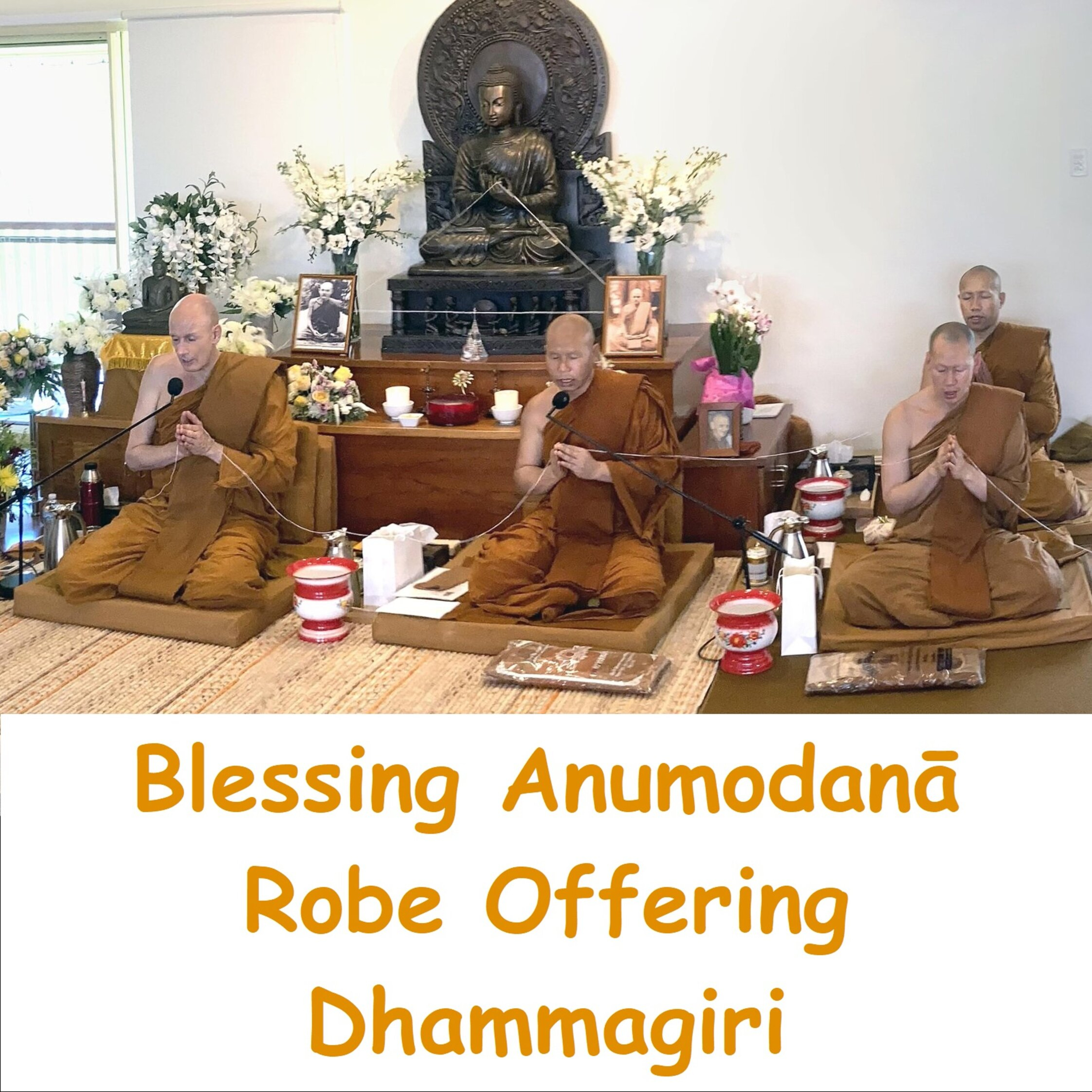
Blessing Anumodana | Robe Offering Dhammagiri | Buddhist Pali Chanting
On the weekend of our Robe Offering Ceremony at Dhammagiri, we had 9 monks staying for 2 nights in the monastery.
In this recording, Tan Ajahn Uttamapanyo is leading the sangha in the recitation of …

AJAHN X DHANIYO | Life with Luang Por Liem at Wat Nong Pah Pong, Ajahn Chah's Monastery | Dhammagiri
Ajahn X (Phra Suthanai Dhaniyo) has been a monk for 22 years, and has lived and trained for 16 years with Luang Por Liem at Wat Nong Pah Pong, Ajahn Chah's original monastery.
Ajahn shares some of h…
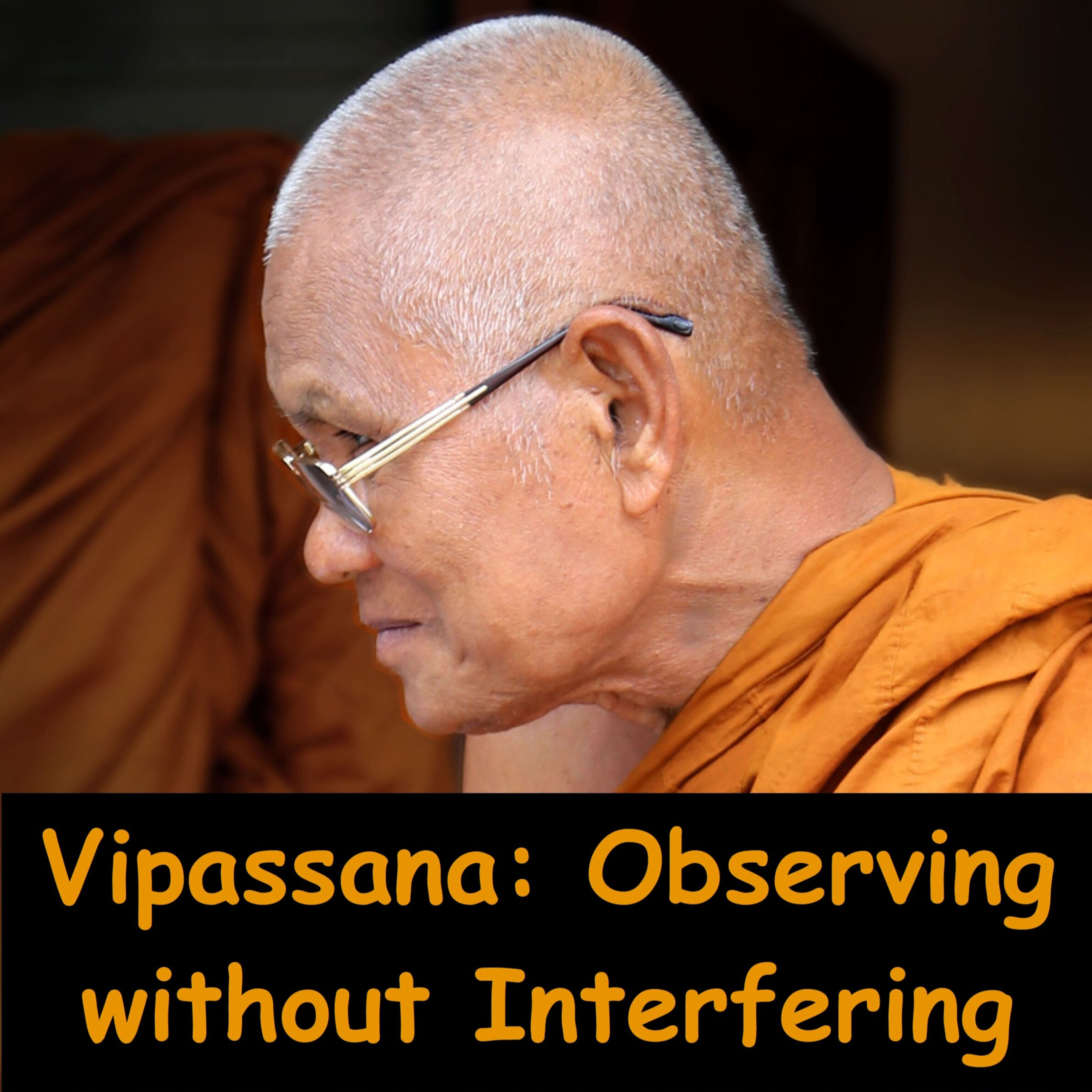
Vipassana: Observing Without Interfering | Ajahn Dhammasiha | Insight Mindfulness Sati
Vipassana comes from the Pali verb 'Vipassati' = 'to see clearly'.
To practise Vipassana, we have to train ourselves to watch as a neutral, uninvolved, observer. We can't interfere or manipulate thin…
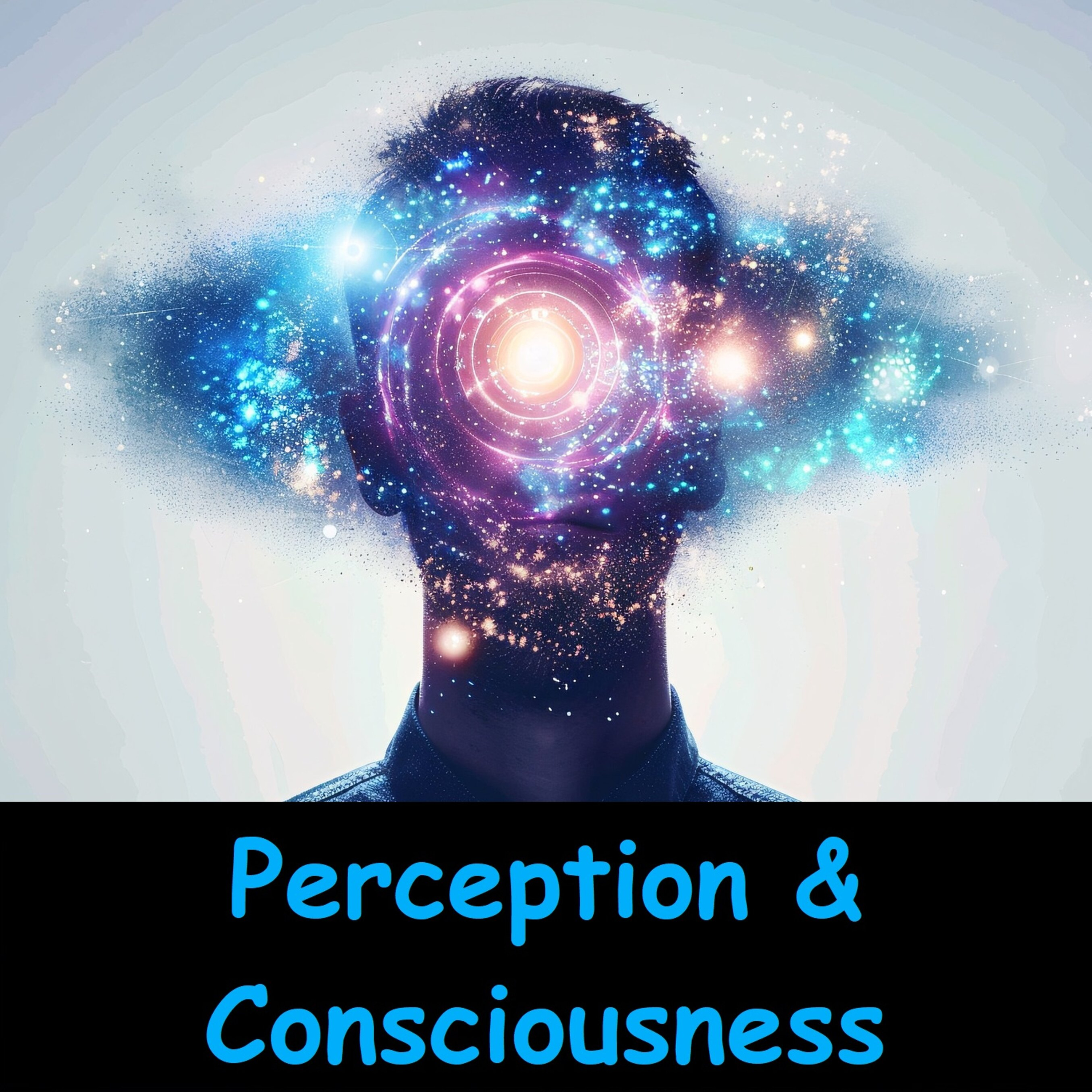
Perception und Consciousness | Saññā & Viññāna | Ajahn Dhammasiha | Buddhism
Ajahn Dhammasiha is asked about the difference between perception (Pāli: saññā) and consciousness (Pāli: viññāna), and how we can distinguish these two in our experience.
The question is important, …
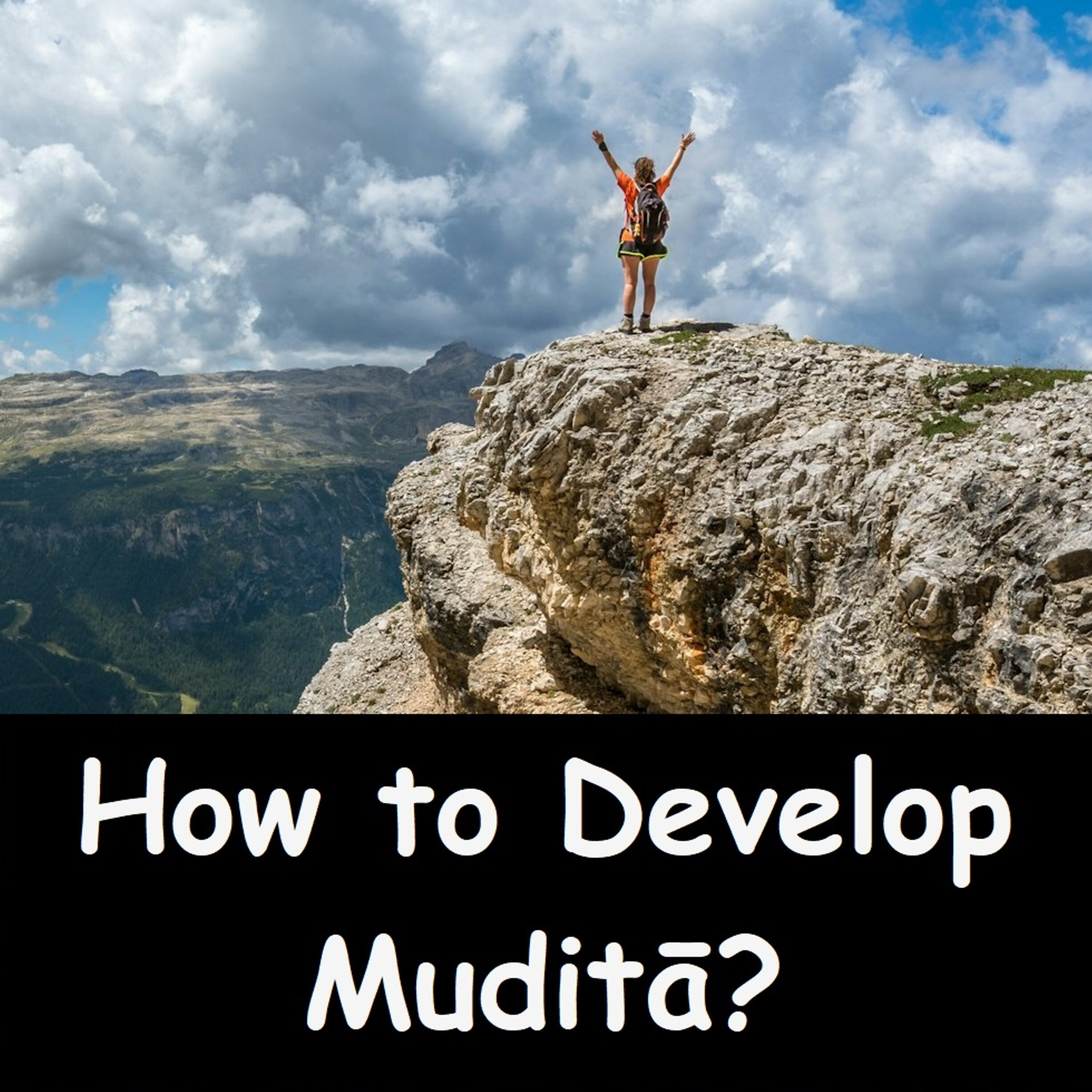
How to Develop Mudita Sympathetic Joy | Ajahn Dhammasiha | Dhamma Talk
Prompted by a question from the audience, Ajahn Dhammasiha shares reflections on the theme of developing Sympathetic Joy (Muditā).
Muditā is on of the four Divine Abodes (Brahma-vihāra), together wi…
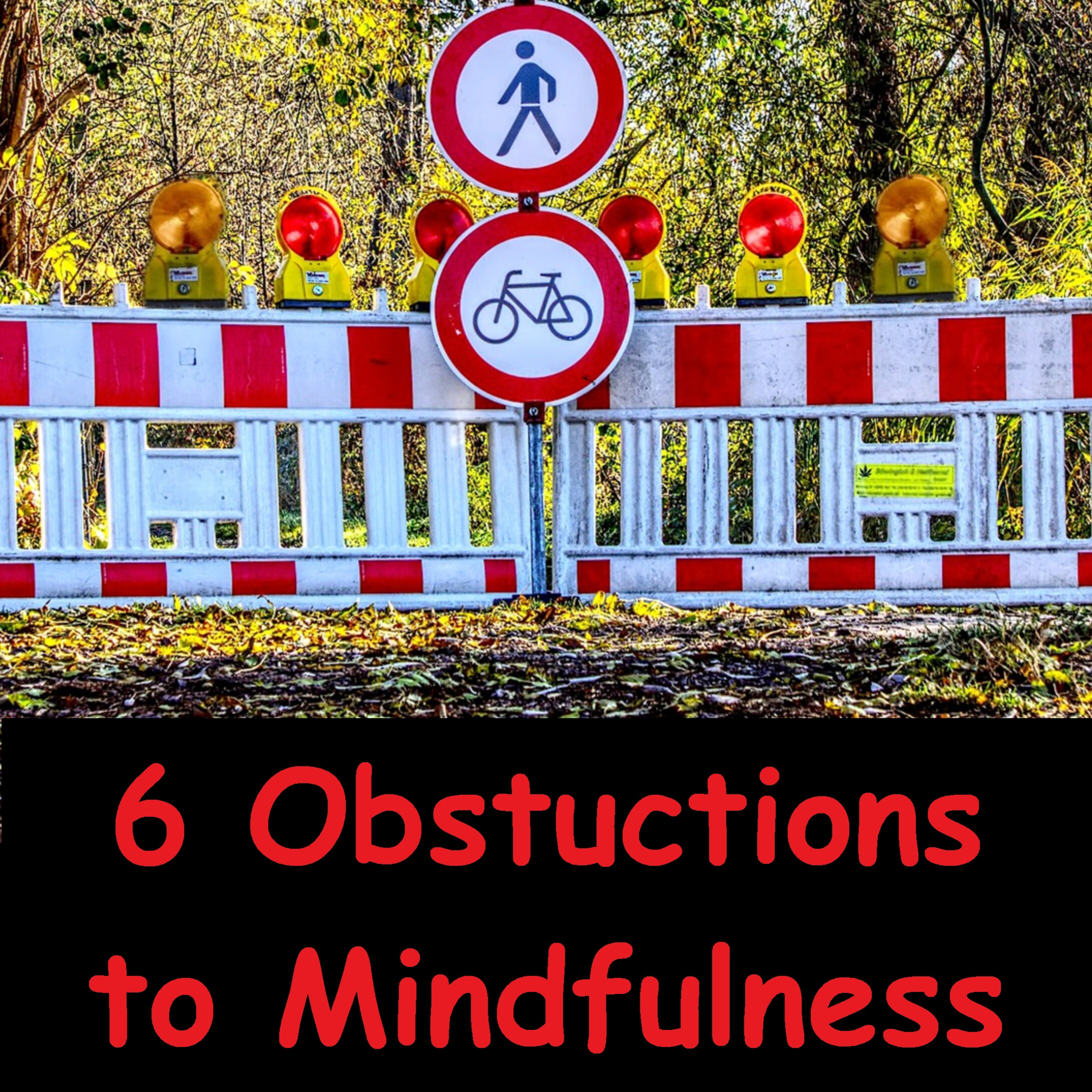
Six Obstructions for Mindfulness | Sati | Satipatthana | Dhamma Talk | Ajahn Dhammasiha
In the famous discourse on the 'Foundations of Mindfulness' (Satipaṭṭhāna) the Buddha promises us that we can attain Nibbāna or Non-Returning in just 7 days, if we practise as descibed by him.
Why, t…

Consistent Practice & How to Prevent Unwholesome Mindstates | Ajahn Dhammasiha | Buddhism
Ajahn Dhammasiha responds to two closely related questions from the audience:
1.
We may experience highs and lows in our meditation practice. Sometimes it even seems like we're suddenly back to zer…

Mine Making: Investigating Upadana at the Food Buffet | Ajahn Dhammasiha
Dependent Origination (Paṭicca Samuppāda) is one of the core teachings of the Buddha.
However, it is a teaching that the Buddha himself described as 'deep, profound, subtle, difficult to see...'.
A…

Metta is Excellent, but Don't Neglect Mudita & Karuna | Compassion Sympathetic Joy | Ajahn Dhammasiha
Loving Kindness is an extremely beneficial mental quality, and an excellent meditation object. However, in some situations Compassion (Karuṇā) or Sympathetic Joy (Muditā) may work even better to over…

Not-Self Anatta - What Does that Mean? | Ajahn Dhammasiha | Not Self or No Self? | Buddha Dhamma
Ajahn Dhammasiha responds to a question from the audience:
What's the meaning of Anatta ( Not Self ) ?
In particular, Ajahn reflects about the important distinction between Not Self (anatta), which t…

Buddhist Blessing at Dhammagiri | Monks Chant Anumodana & Sharing Good Karma
Ajahn Dhammasiha and Ajahn Moneyyo recite the traditional Pali verses of blessing, anumodanā, and sharing of merits with departed loved ones.
This is what we chant every day for our kind and generou…

Marriage: Romantic Love is NOT Enough | Buddhist Dhamma Talk | Ajahn Dhammasiha
A couple getting married was interested to get some advice on Buddhist teachings how to make a marriage work, so that it lasts long and both spouses can live in harmony.
Ajahn Dhammasiha cites a stu…
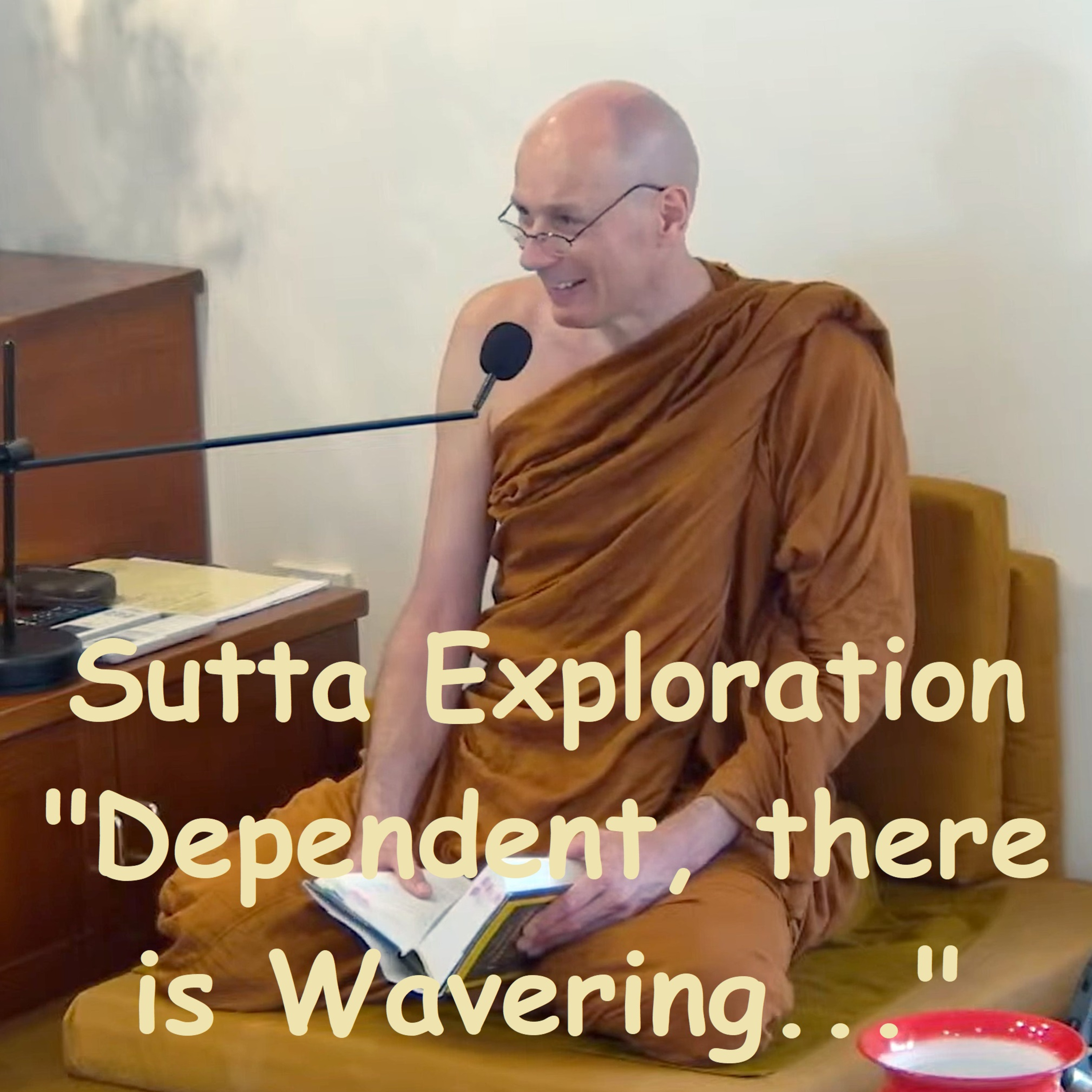
For One Dependent, there is Wavering... | SUTTA EXPLORATION Ud 8.4 | Ajahn Dhammasiha
"For one dependent, there is wavering.
Without dependence, there's no wavering.
Without wavering, there's tranquility.
With tranquility, there's no inclination.
Without inclination, there's no co…

Joy & Rejoicing in Goodness | Muditā | Ajahn Dhammasiha | Buddha Dhamma
It's so important not to only look at all the bad things happening, or to be mostly focussed our own faults. Without denying negative events, we can discoved so much that's good, wholesome and admira…

Sharing Merits with Departed Loved Ones - Who Can Receive Them? | Ajahn Dhammasiha | Transferring Good Karma
At almsoffering before the meal, the monks usually chant the blessing, anumodanā & verses for sharing merits with the spirits of departed relatives.
Does that sharing of good karma really reach the …

AJAHN AMARO | 4 Noble Truths | Dhamma Talk at Dhammagiri
On occasion of his first visit to Australia at Dhammagiri Forest Hermitage, Brisbane, Ajahn Amaro shares insights about the four noble truth, one of the most fundamental teachings of the Buddha. In p…

5 Faculties: Faith, Energy, Mindfulness, Samādhi, Wisdom | Ajahn Dhammasiha
Ajahn Dhammasiha shares reflections on the five faculties (pañcindriya), crucial spirtual qualities in our heart that power our Dhamma practice.
We can gradually develop each of these using suitable …

5 Hindrances: How to Surmount them to Develop Samādhi & Insight | Ajahn Dhammasiha
Ajahn Dhammasiha reflects on skilfull means to overcome the 5 hindrances (Pañca Nīvaraṇā).
It is exactly these 5 obstructions which stop our mind from unifying in samādhi, and weaken our wisdom:
- S…